Obama has been touring Asia with state visits this past week. When the president visited India, he gave a speech to the Indian State Parliament that expressed America’s dedication to a lasting relationship with India and foreshadowed further friendly relations with India.
President Obama has expressed his support for India to have a permanent seat on the Security Council, the United Nations’ highest governing council. “In the years ahead, I look forward to a reformed U.N. Security Council that includes India as a permanent member,” he said in an address to the Indian parliament.
The statement came as Obama made a wide-ranging address that envisioned closer economic and security ties between the United States and India, standing “shoulder to shoulder” with the world’s largest democracy. This change could reflect the change of power in the world with many nations like India growing in power.
However, these mentions of the permanent seat for another country in Asia may fester resentment from the continent’s most powerful country, China. China is the only nation in Asia to currently have a permanent seat on the council. In 1955, India was offered a permanent seat on the council but, due to worsening India-China relations at that time, the Premier Jawaharlal Nehru asked the seat be given to China instead. The current Council is made up of the five permanent members (U.S., U.K., Russia, France and China) and the five elected members (Austria, Japan, Mexico, Turkey and Uganda). The elected members will lose their seats Jan. 1 of the upcoming year to five newly elected member states, (Bosnia, Brazil, Gabon, Lebanon and Nigeria).
What some analysts are wondering is whether or not India is the only one who deserves a coveted permanent seat on the council. Security Council Seat reform has been discussed for a long time among the member states. In addition to India, Brazil, Turkey, Germany and Japan have all claimed that they have “World Power” status and should have permanent seats on the council. The Council could be expanded to have some African Nations, such as Nigeria or South Africa, added to the list.
The absolute veto power of the P5 as the five permanent members of the council are now called is coveted by many countries and could be used to secure the strategic interests of themselves and of their allies. The new reforms, when they do happen, could lead to a deadlock or some intense big ticket horse trading which may bring countries and their rivalries to the forefront of the international stage.



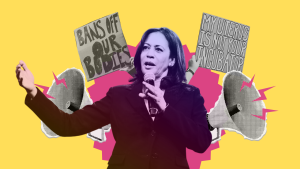
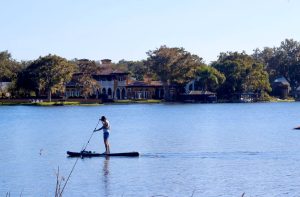
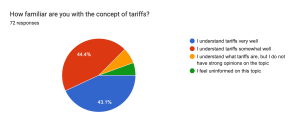

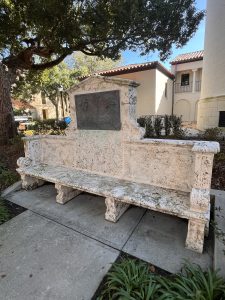



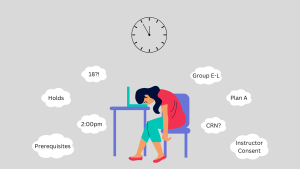
Be First to Comment